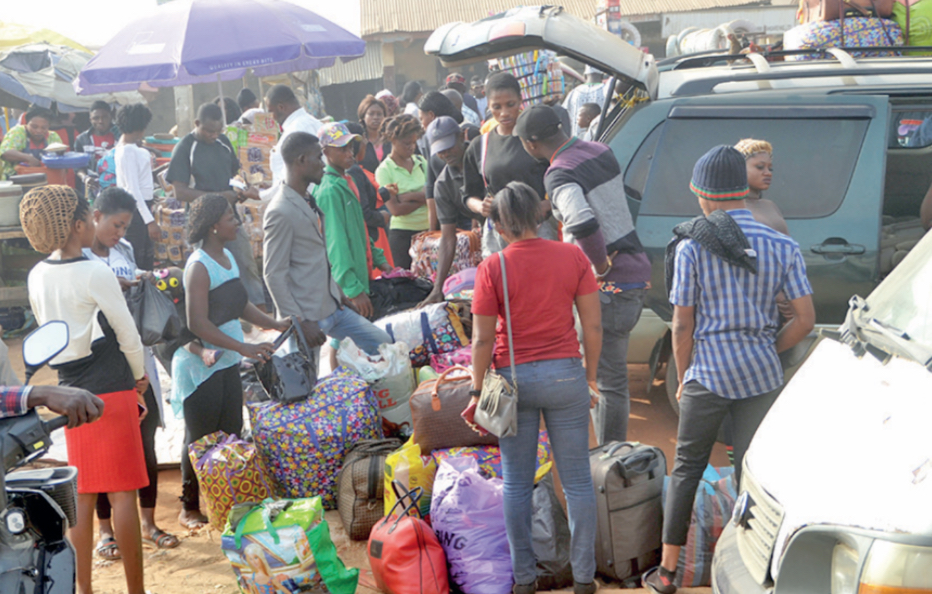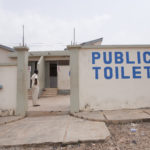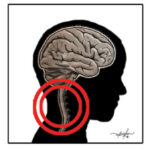Nigeria Centre for Disease Control has issued advisory to limit end-of-year travel as the country heads into Christmas and New Year festivities while battling the coronavirus pandemic.
It calls for limiting all non-essential domestic and international travels, going virtual instead of physical meeting and maintaining social distancing.
“Across the world, Christmas is a time for celebration and festive cheer, as well as an increase in religious and social gatherings,” the centre said on Monday.
“During the Christmas and New Year celebrations, we recognise that people want to travel and be with family and friends.
“However, this has been a difficult year and the COVID-19 pandemic has disrupted our usual way of living and we all have to make adjustments in our lives to the new reality we are faced with. We must all continue to take the necessary measures to limit the spread of COVID-19.”
Restrictions
- Limit all non-essential domestic and international travel. This is especially important for intending
travellers from countries recording a high number of COVID-19 cases. As an alternative to travel, the
following should be considered:
- Limit festivities to members of your immediate household. While remaining physically distanced, remain socially connected with friends and loved ones using mobile or video conferencing technology.
- Hold virtual services and prayer sessions to limit mass congregation.
- Limit person-to-person contact and physical movement using electronic money transfers systems.
- Always wear a face mask that covers your nose and mouth when in public settings, such as religious centres and market places
- Maintain physical distance of at least 2 metres from others in public settings
- Wash your hands frequently with soap and water or use a hand sanitizer when hands are not visibly dirty and running water is not readily available
- Avoid direct contact with people such as hugging and handshaking
- Cover your mouth and nose properly with a tissue paper, or your elbow when sneezing and/or coughing. Dispose of the tissue properly immediately after use and wash your hands.
- Avoid close contact with anyone showing symptoms of a respiratory illness
- Stay at home if you feel unwell and call your state helpline. Do not mingle with others if you have symptoms such as fever, cough or sudden loss of sense of taste or smell
- Public settings including religious settings, businesses, markets should ensure adherence to public health and safety measures10. Vulnerable groups i.e. people 60 and above and/or people with pre-existing medical conditions should avoid non-essential outings and visitors. Where possible, have a friend or family member bring you supplies.
Since the first confirmed case of COVID-19 in Nigeria, just over 67,000 COVID-19 cases have been reported with just over 1,000 deaths, according to the NCDC.
“Most of the confirmed cases and deaths have been in urban/semi-urban cities and town and the risk of spread remains.
The COVID-19 virus does not spread on its own, it spreads when people move around.
This means that by traveling across countries and cities, there is a higher risk of transmission, especially to rural areas where the existing health infrastructure is already weak.”

 Join Daily Trust WhatsApp Community For Quick Access To News and Happenings Around You.
Join Daily Trust WhatsApp Community For Quick Access To News and Happenings Around You.

